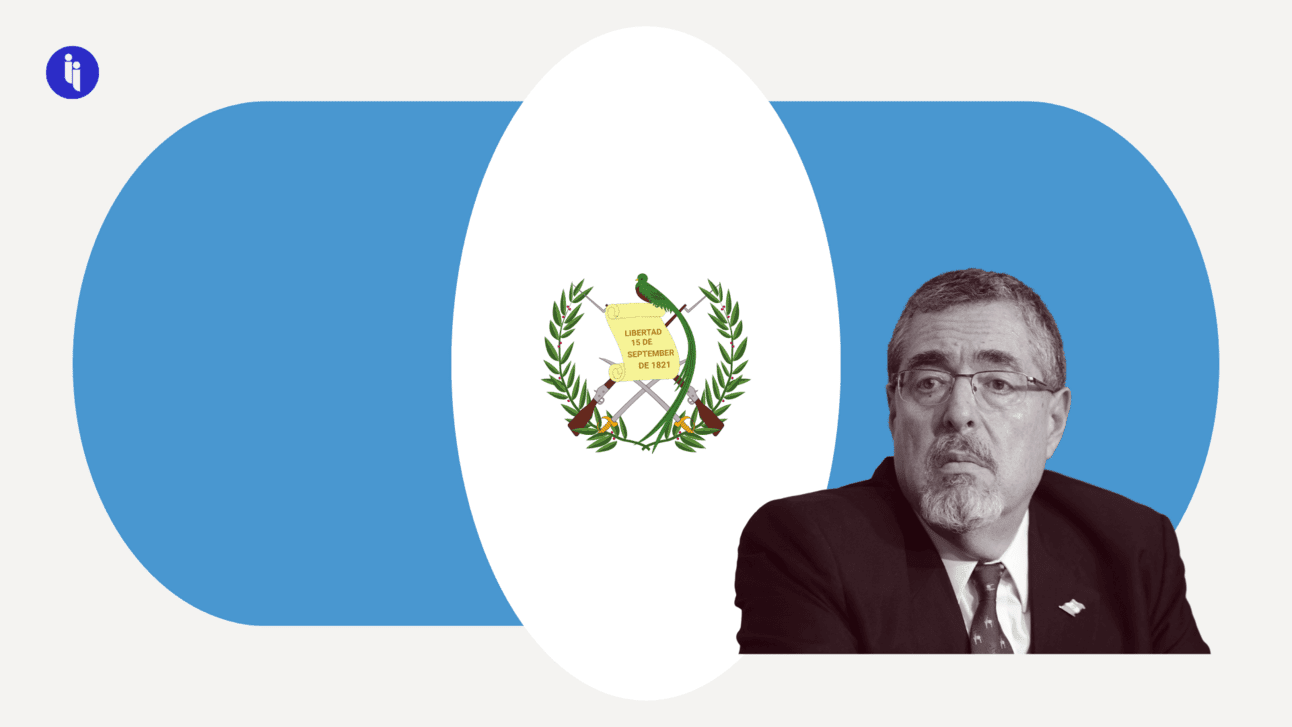Guatemala’s electoral tribunal suspended the party of president-elect Bernardo Arévalo on Monday (29 August), the same day it confirmed his victory in the 20 August elections.
Unless successfully appealed, the ruling means members of Arévalo’s Semilla (seed) movement would join Congress as independents, limiting their ability to shape Guatemala’s legislative agenda.
And it’s just this election’s latest irregularity:
Stay on top of your world from inside your inbox.
Subscribe for free today and receive way much more insights.
Trusted by 129,000+ subscribers
No spam. No noise. Unsubscribe any time.
- 🙅 Four candidates, including the initial front-runner, were banned ahead of June’s first-round election
- 🚓 Police then raided Semilla’s offices after Arévalo unexpectedly made the second-round ballot on an anti-corruption platform, and
- ⚖️ Guatemala’s attorney-general (herself designated as ‘corrupt’ by Washington) then attempted to dissolve Semilla.
A court then suspended that dissolution until after voting day, but with the election in the rear-view, the order has now gone through.
Intrigue’s take: As if Arévalo’s gig wasn’t hard enough already… Without the backing of his party’s lawmakers in Congress, it’s hard to see Arévalo’s anti-corruption agenda making much headway.
And that’s a familiar story for candidates tackling ingrained corruption anywhere: permitted to win the occasional battle, but never the war.
Also worth noting:
- Arévalo is the son of Guatemala’s first democratically-elected president, who survived dozens of coup attempts during his six-year term. Arévalo is also Guatemala’s former ambassador to Spain.
- He’ll be inaugurated as Guatemala’s 52nd president on 14 January 2024.








